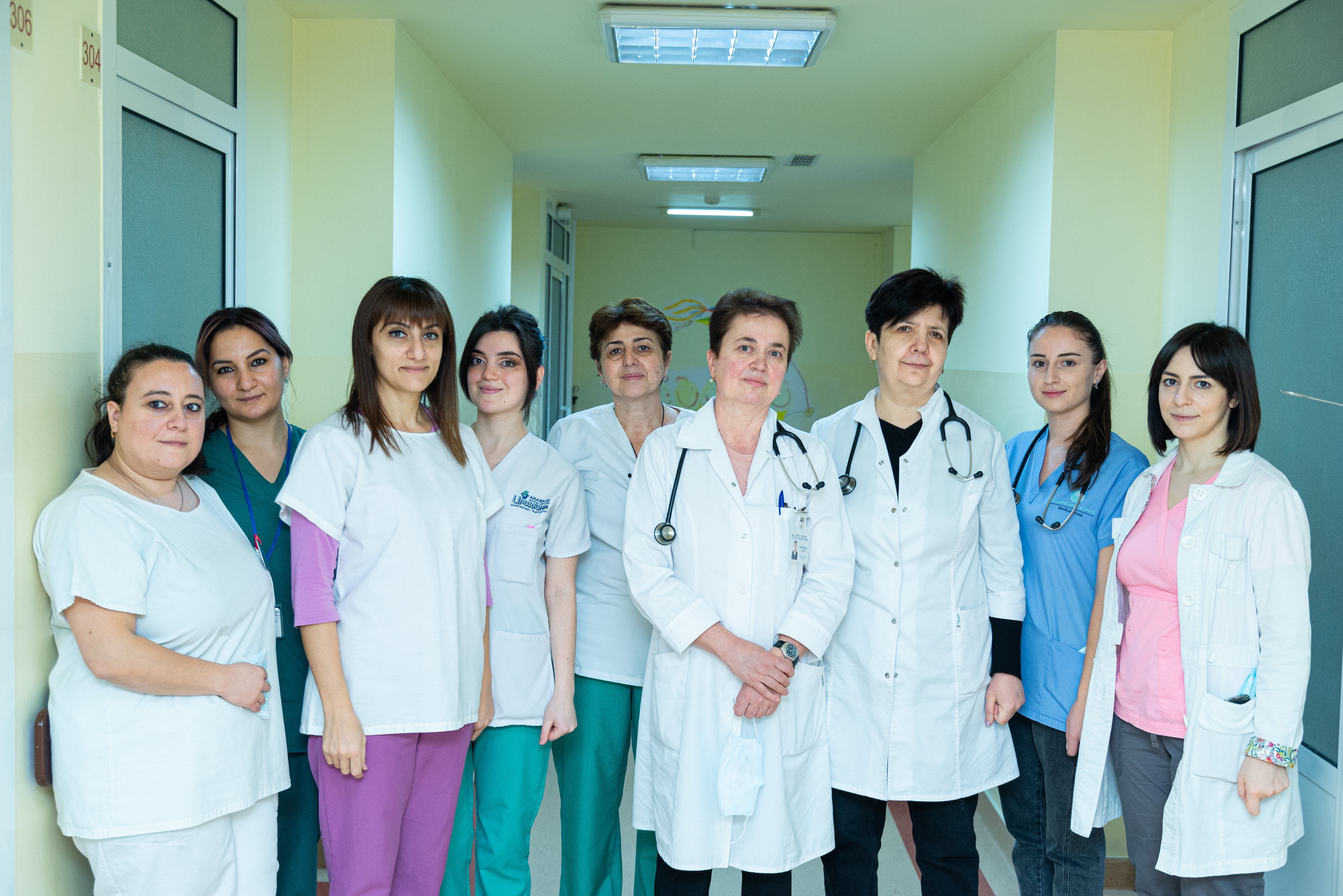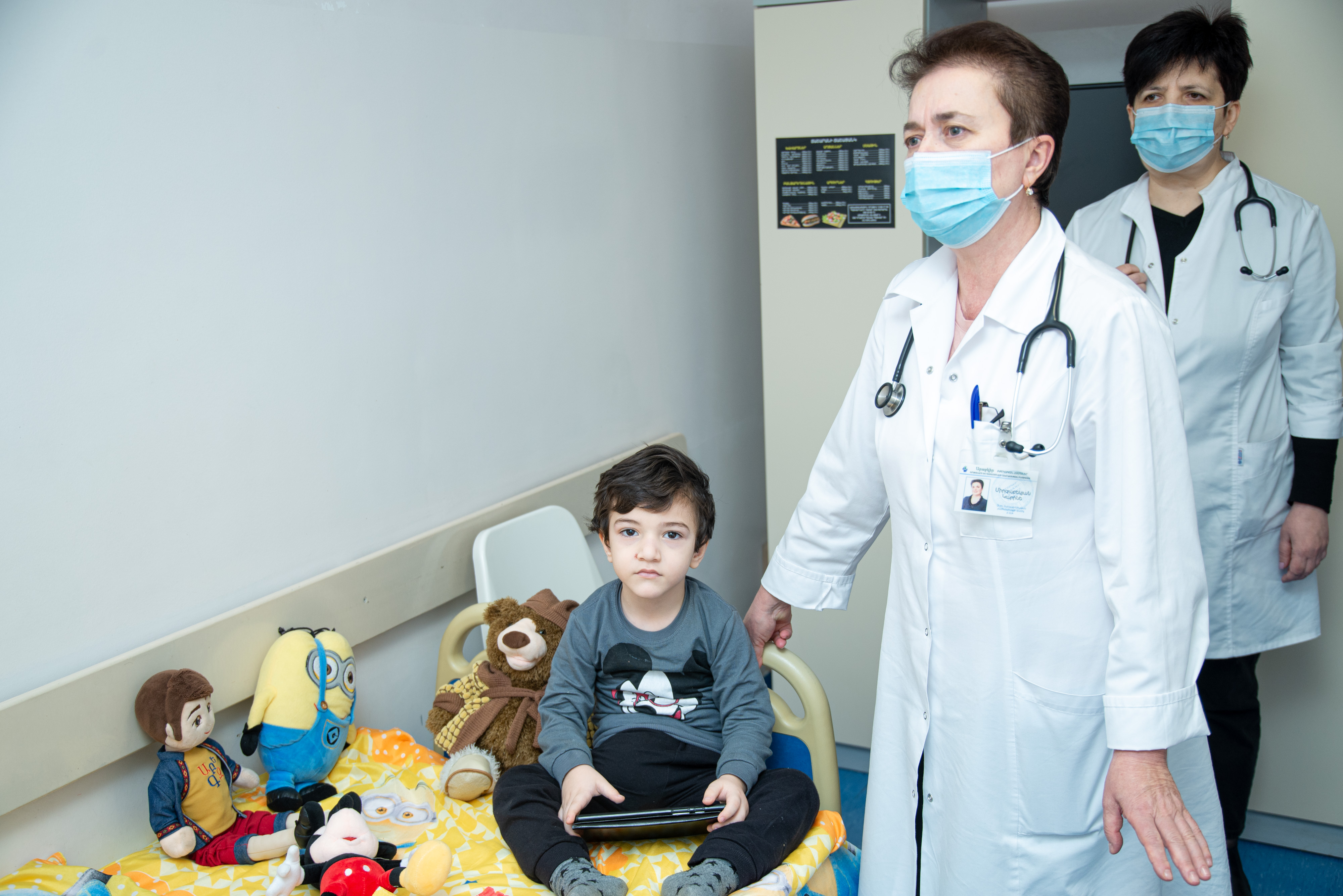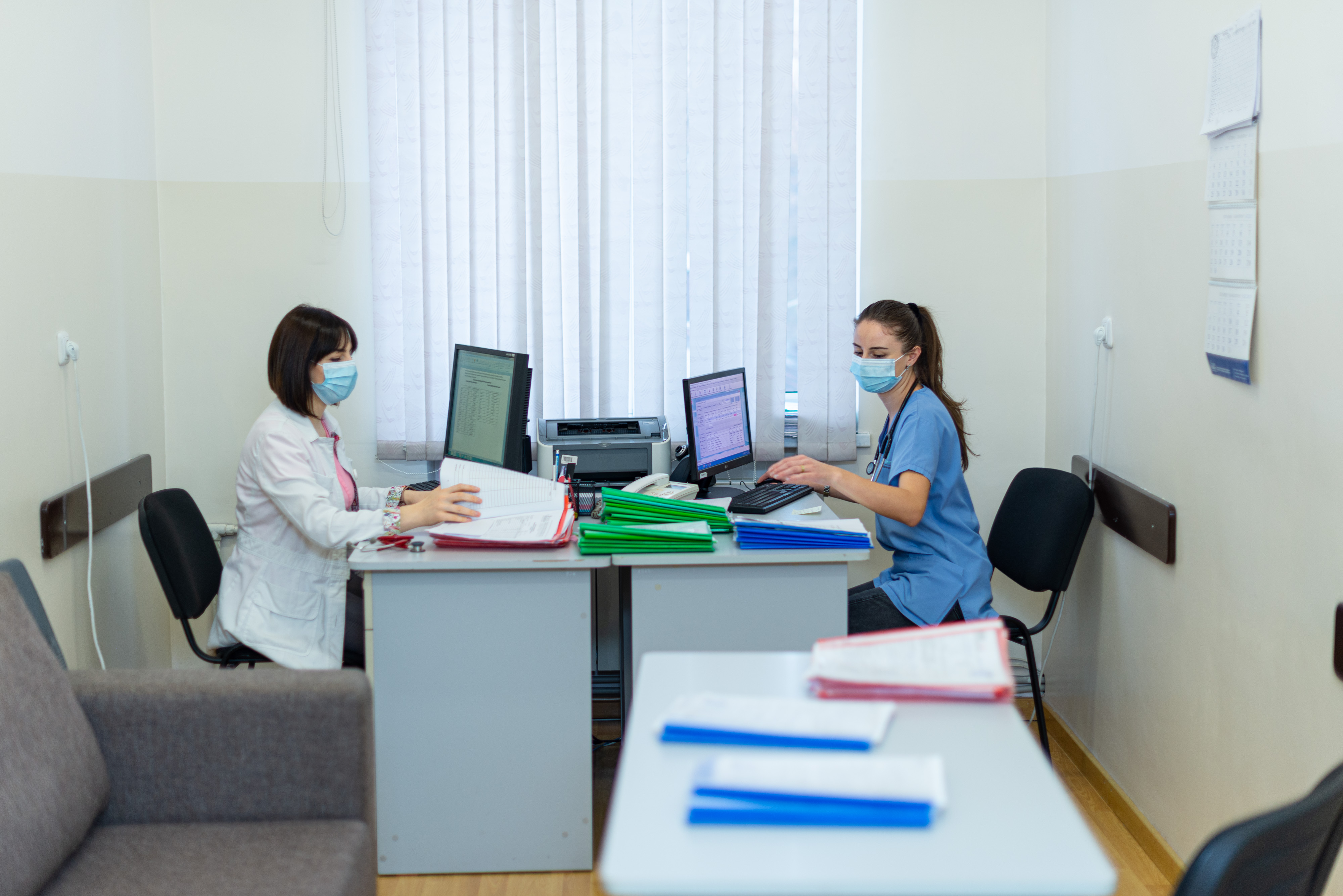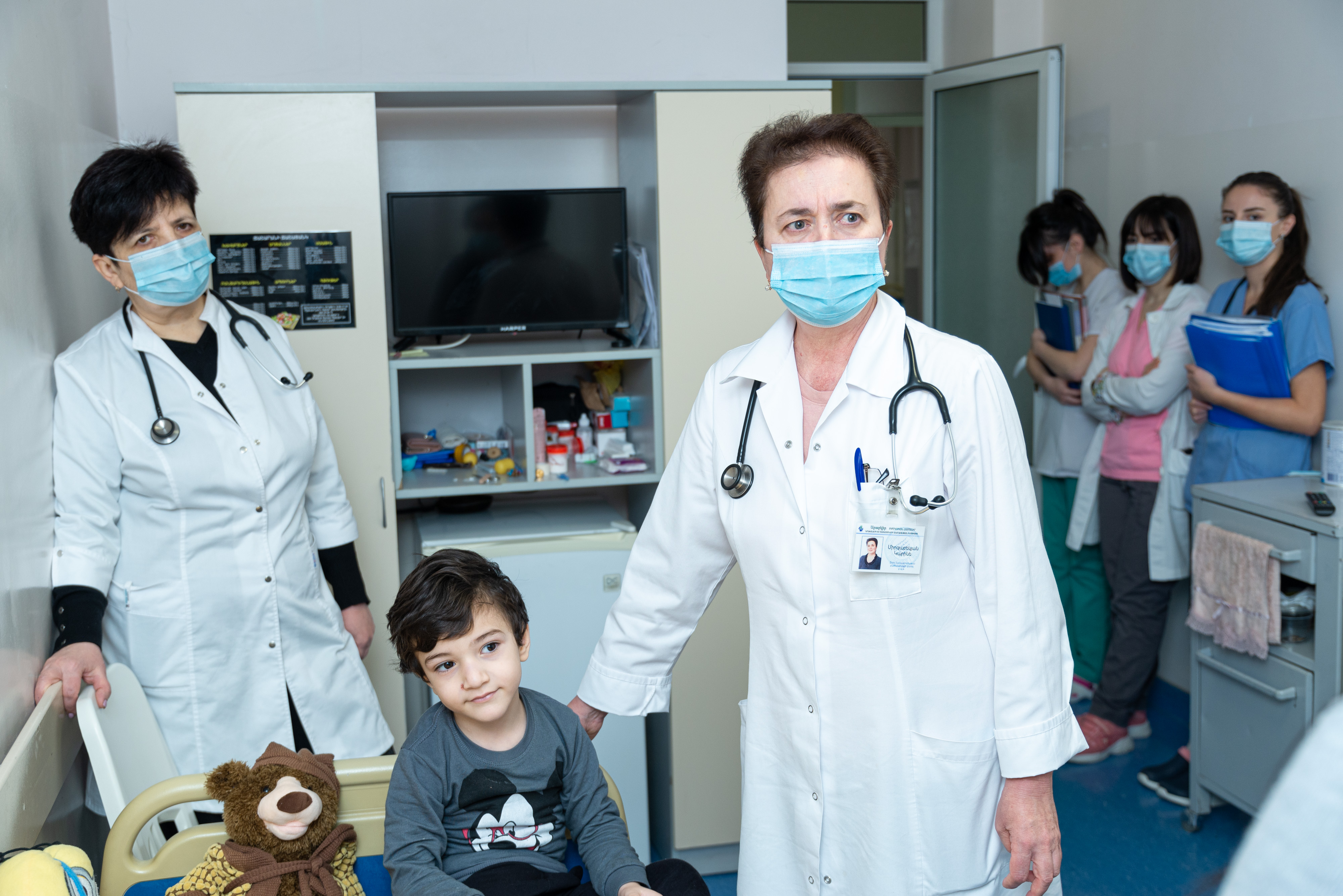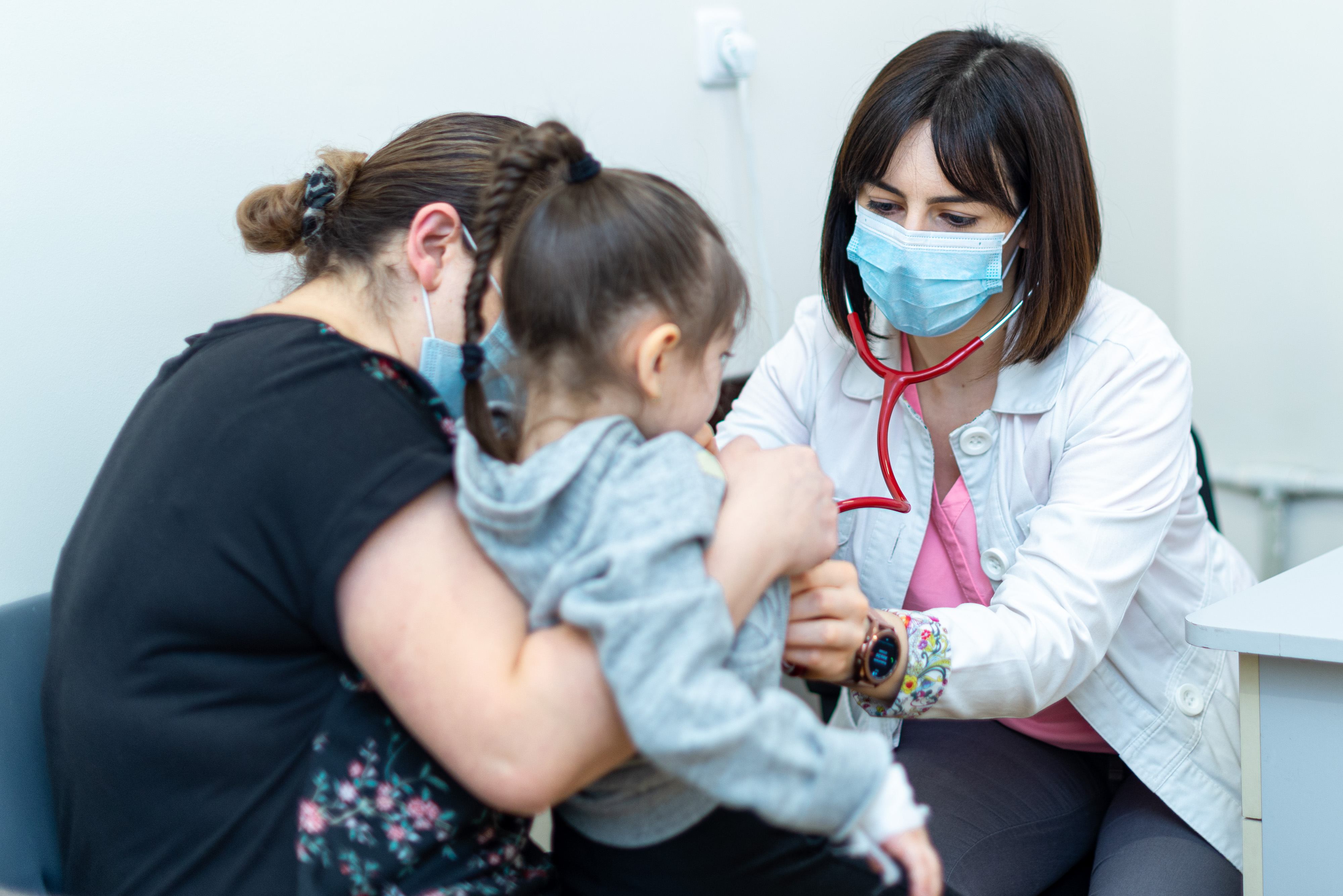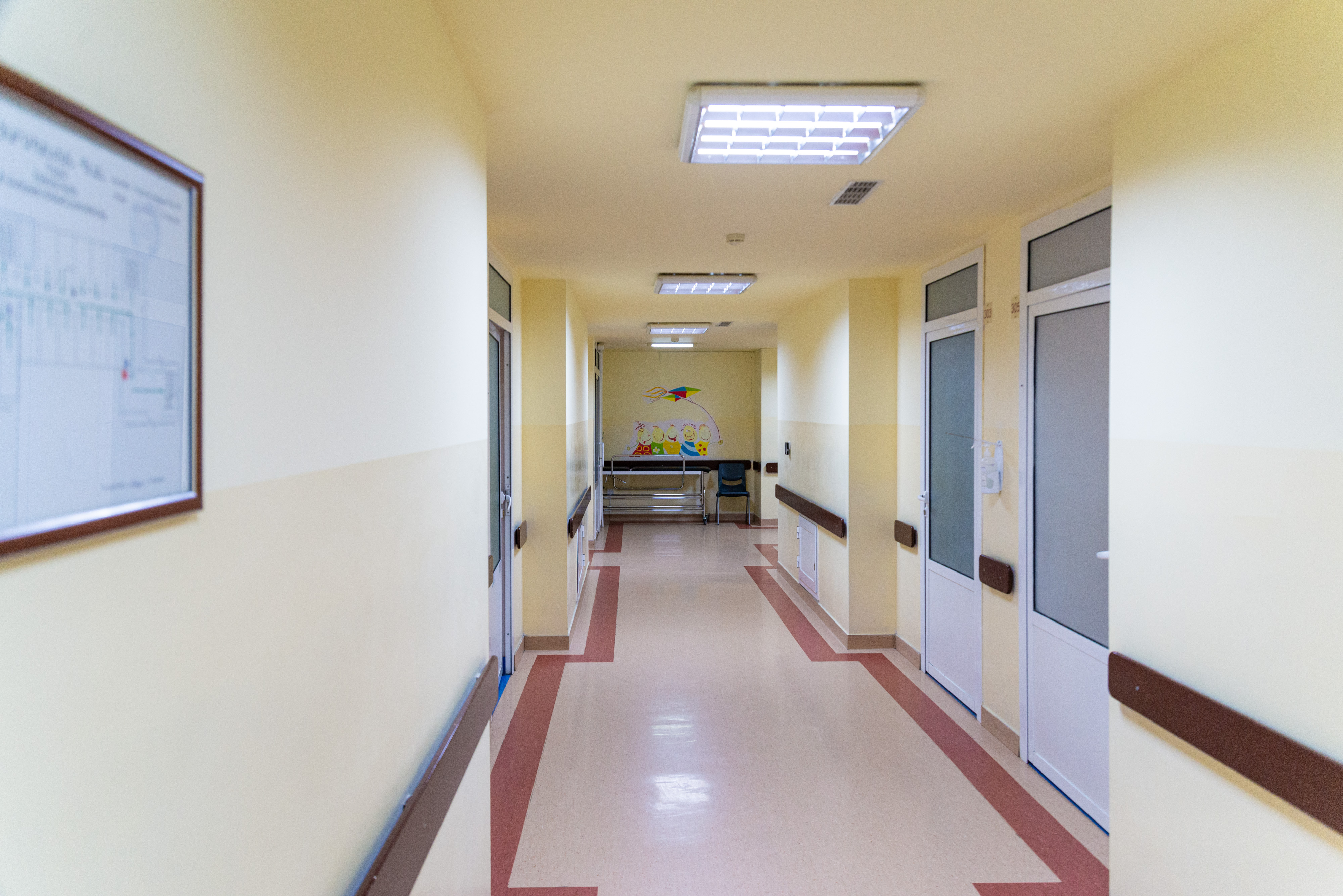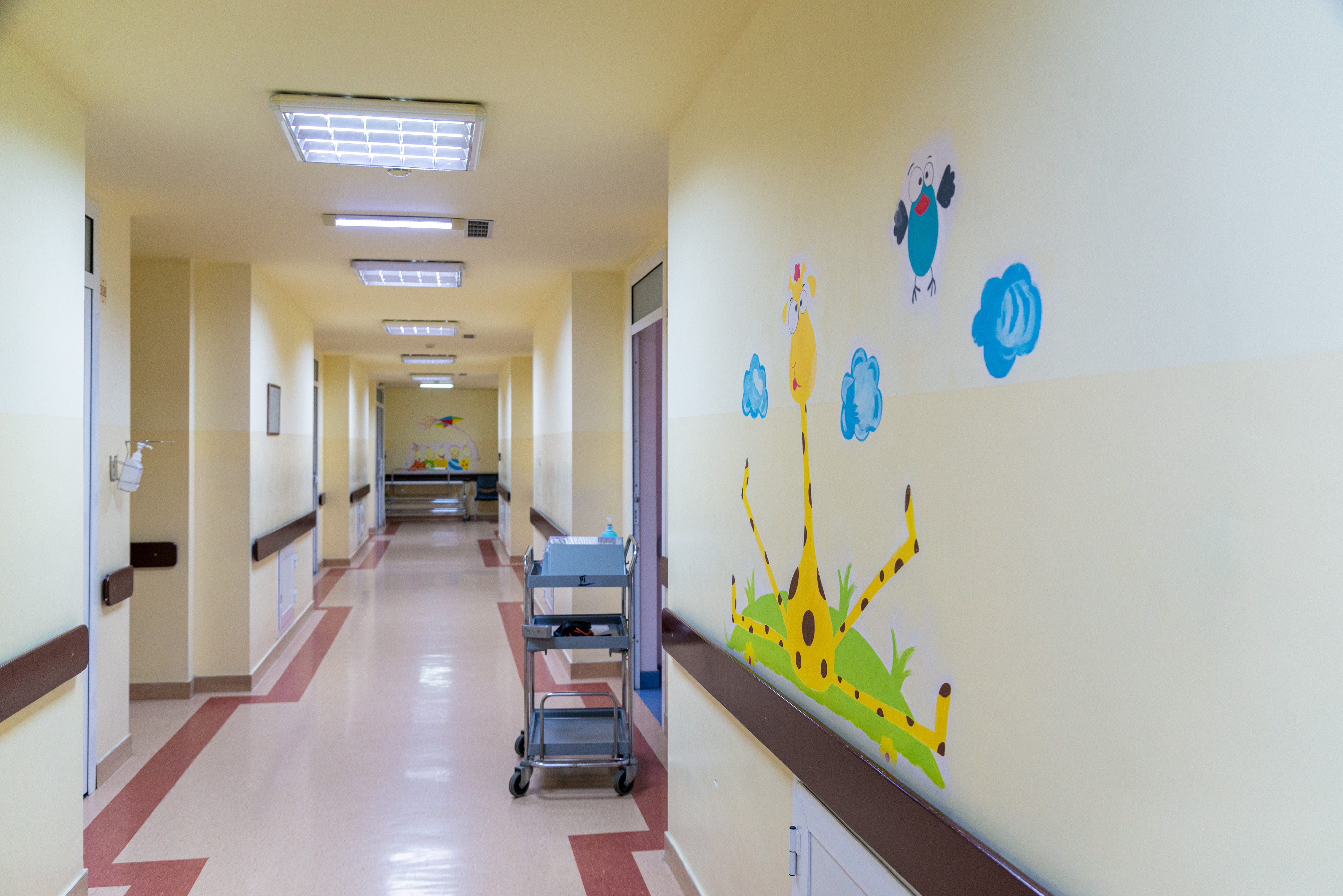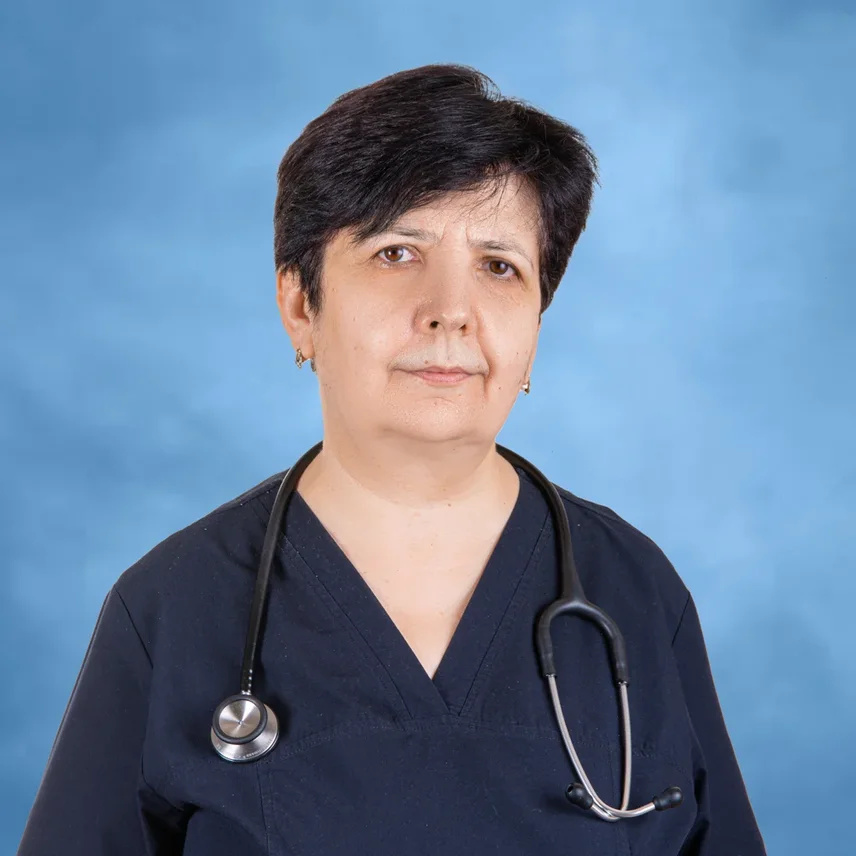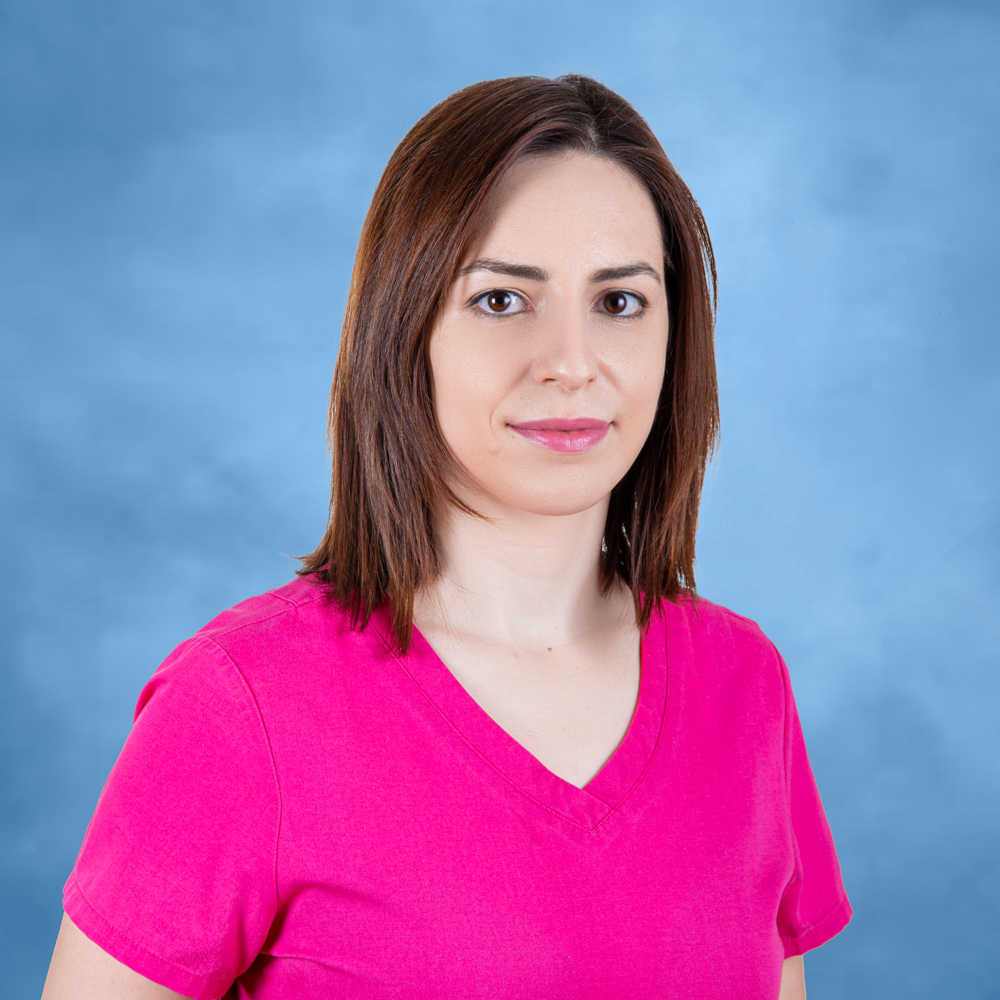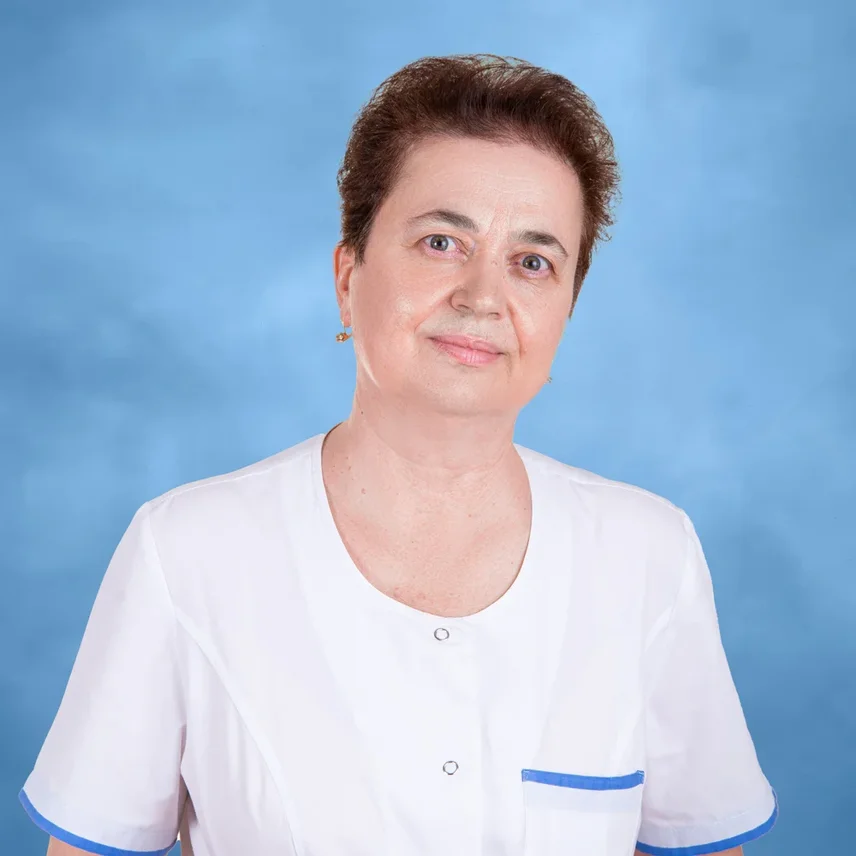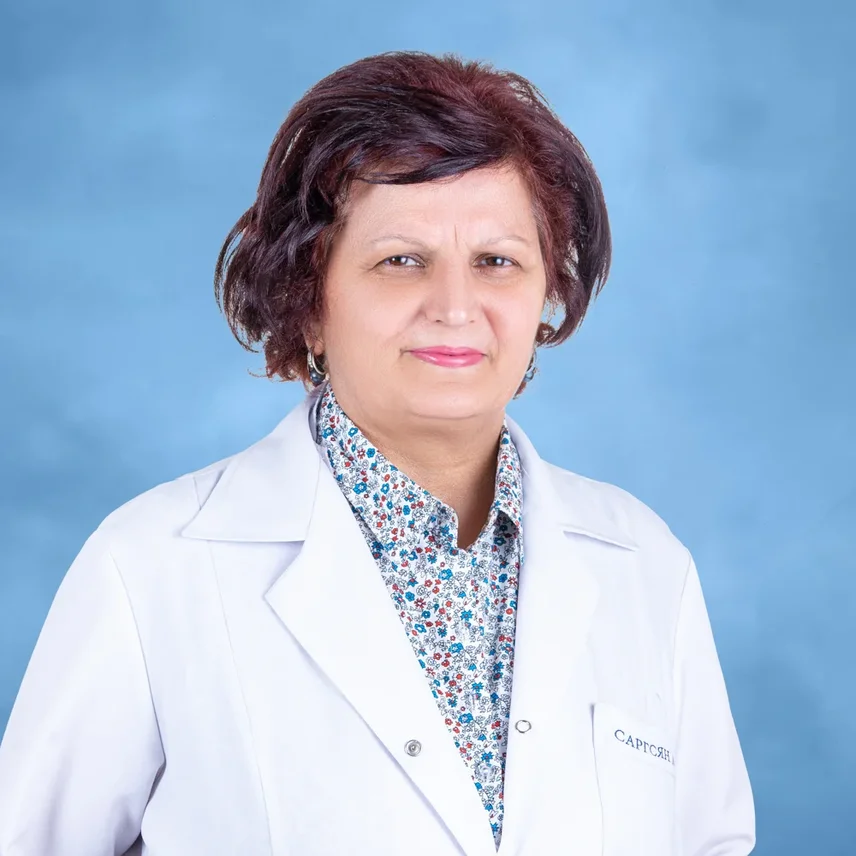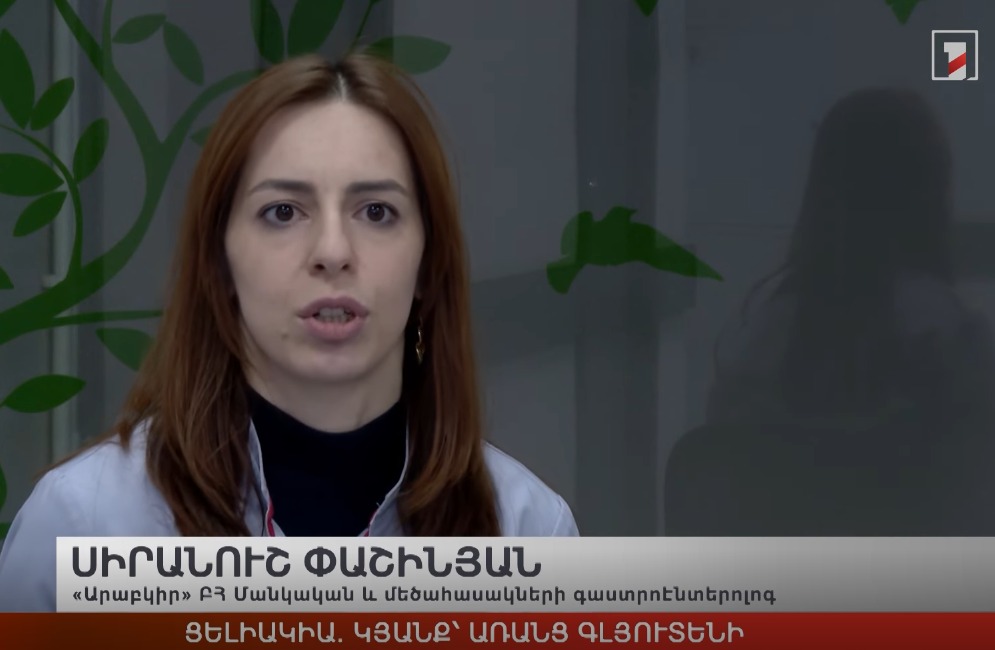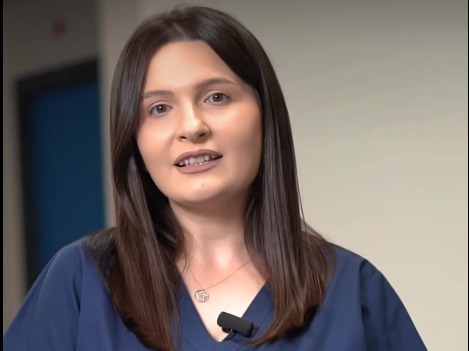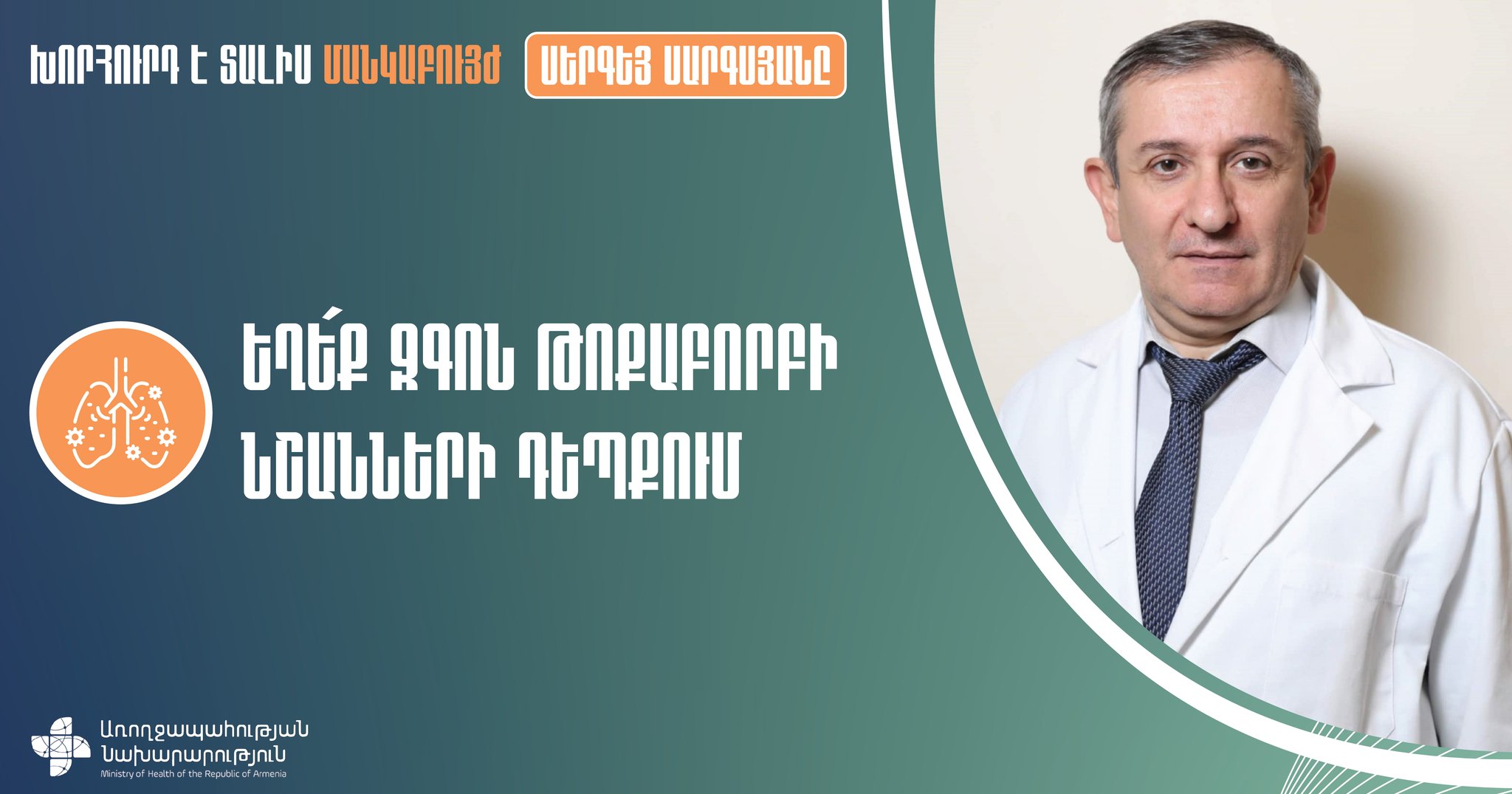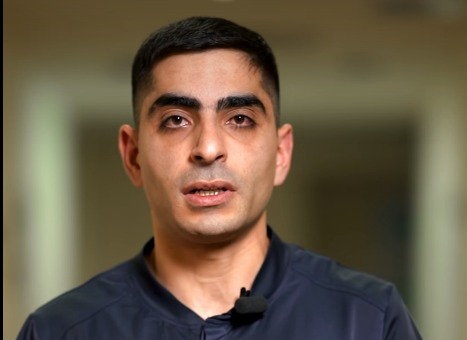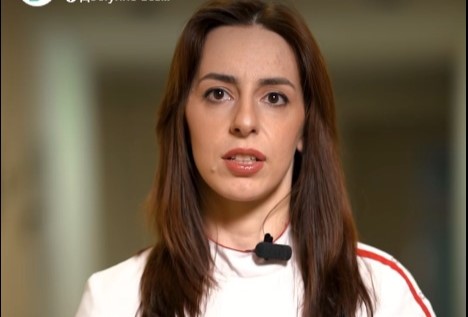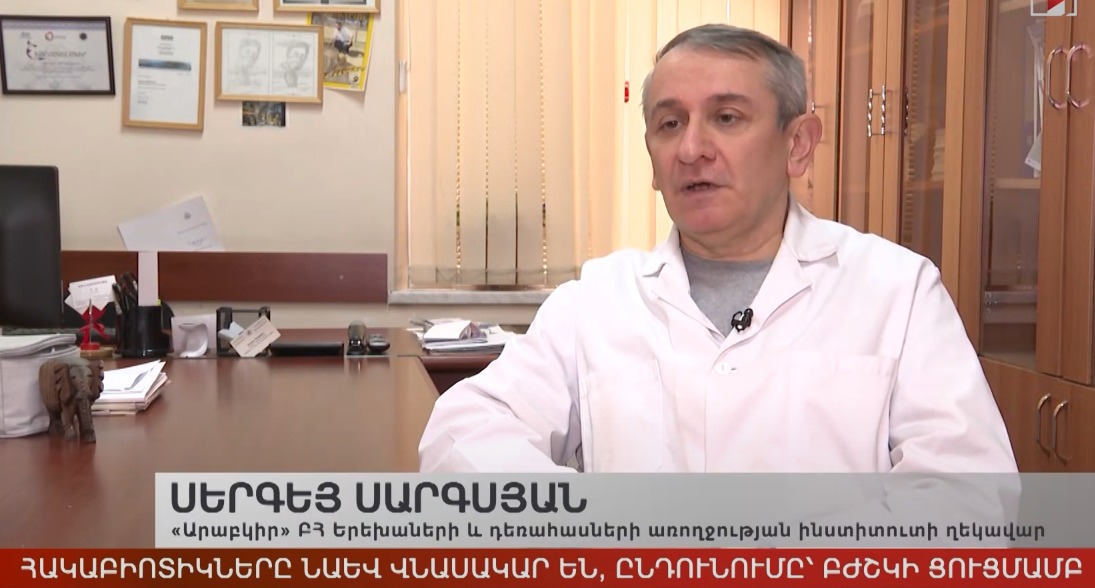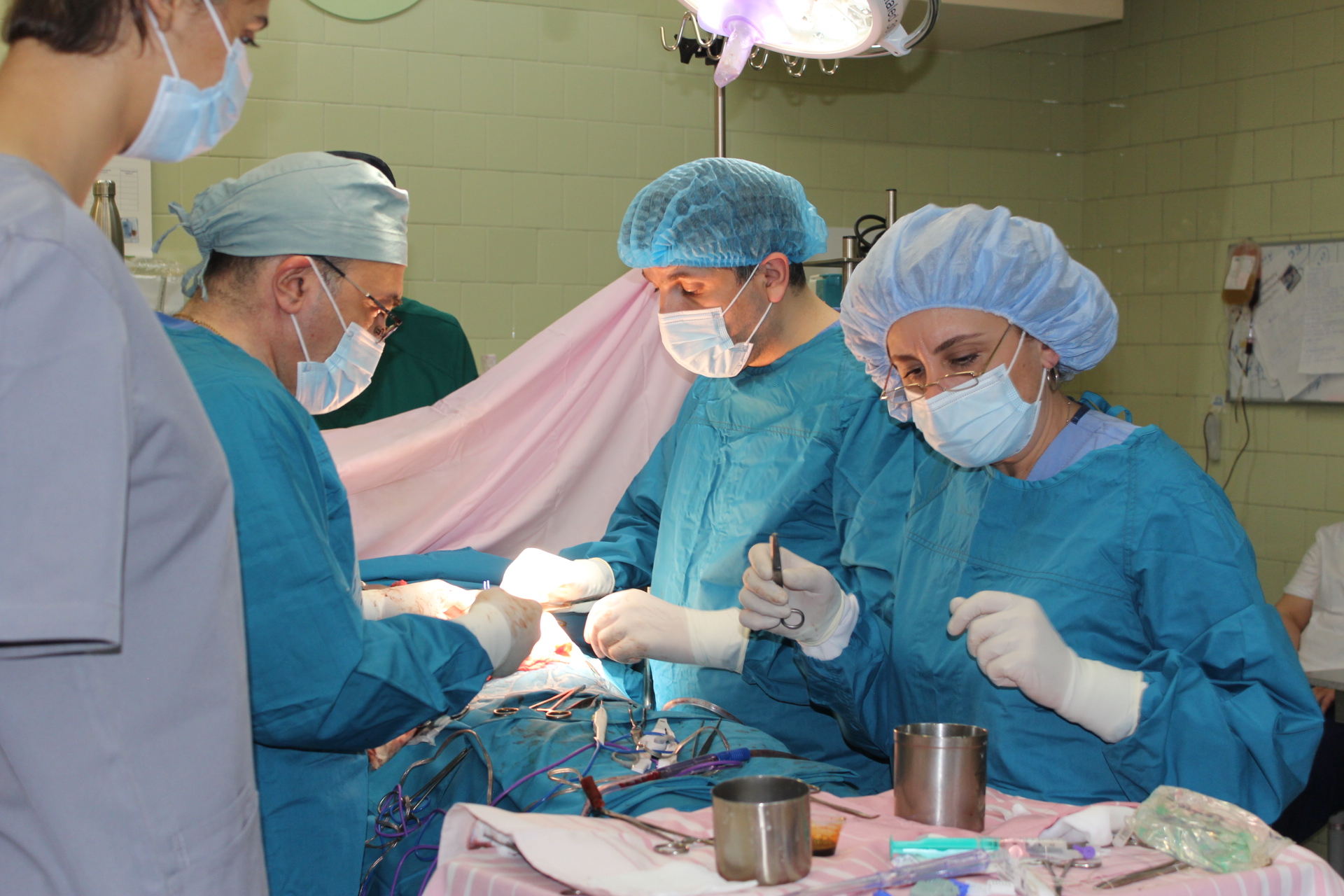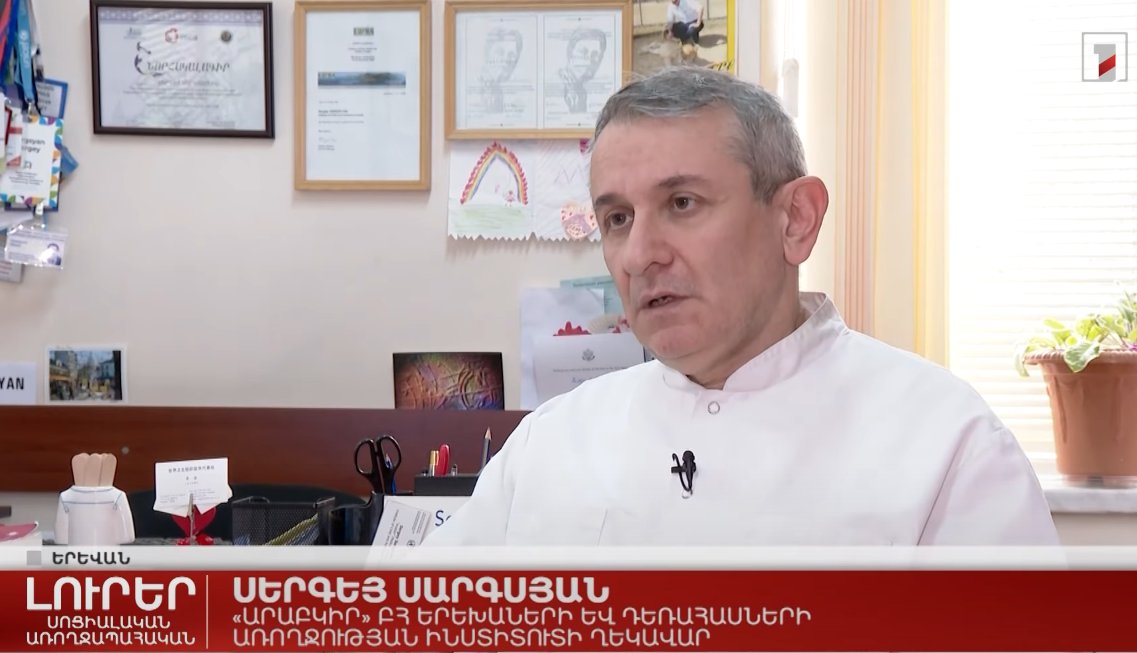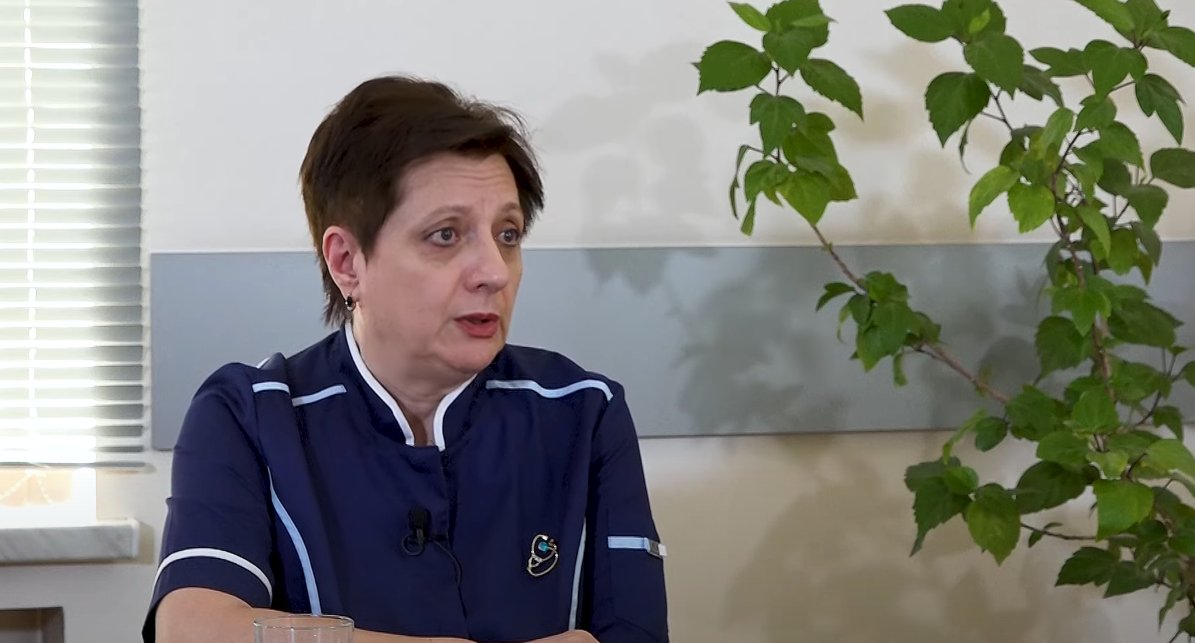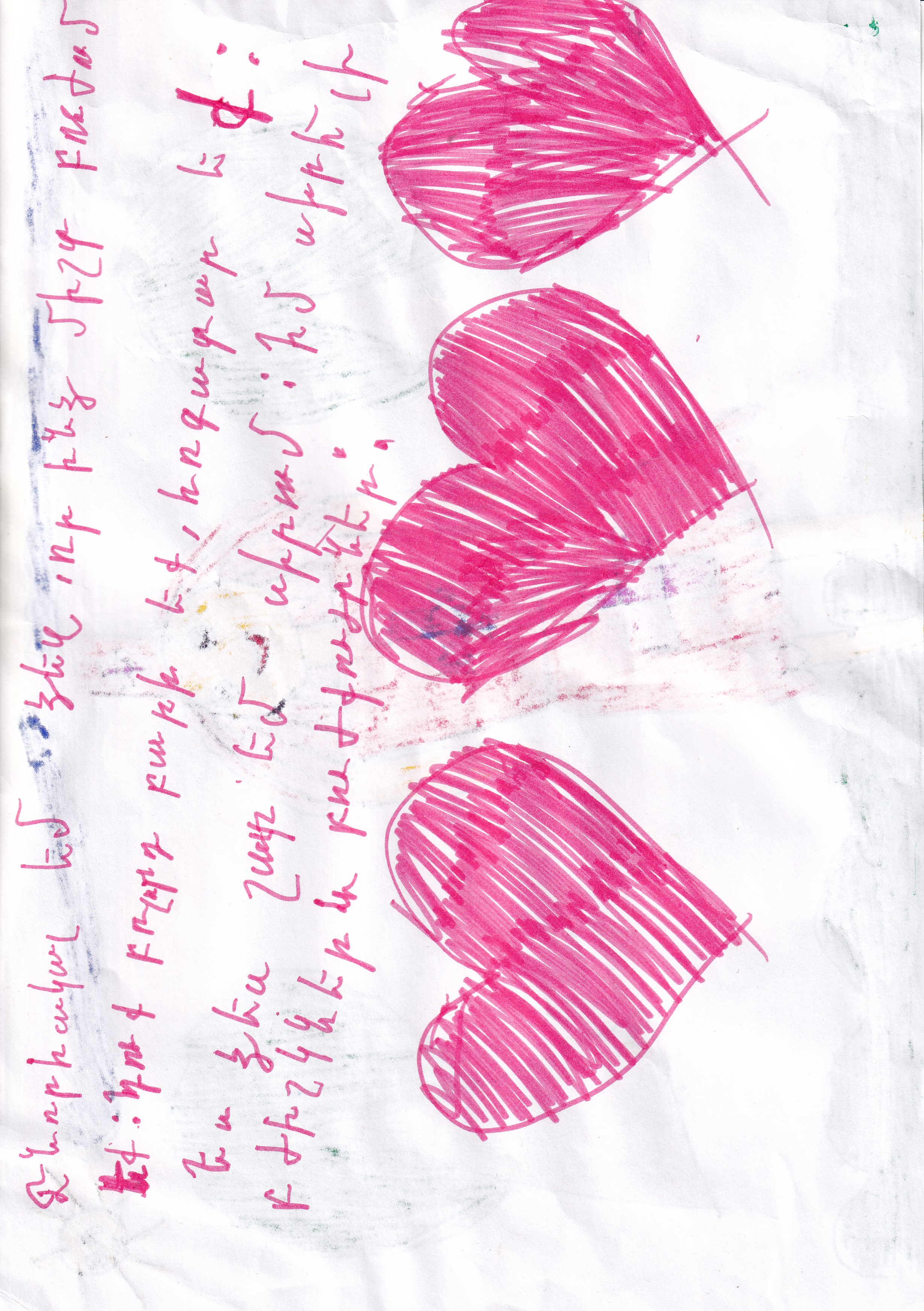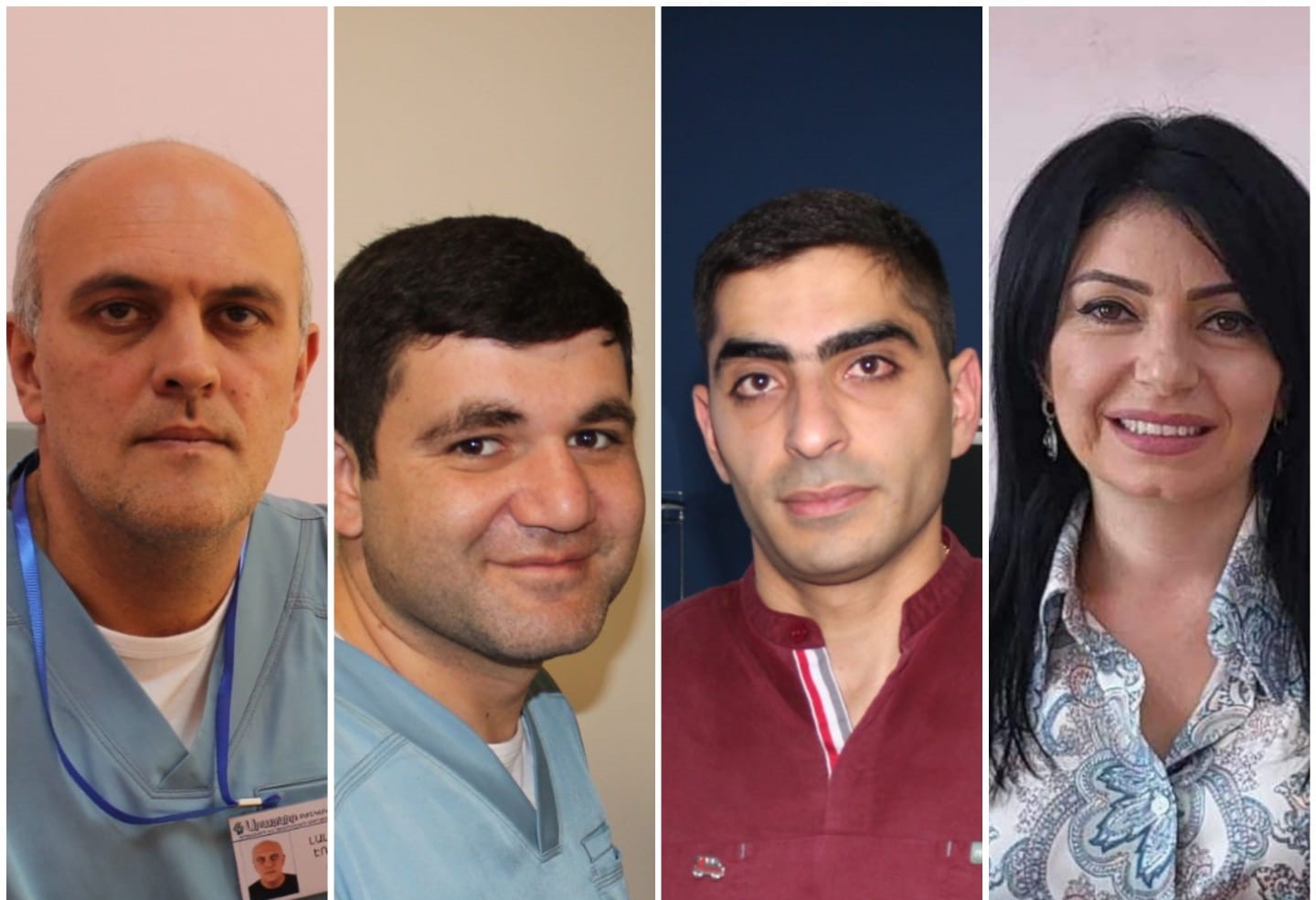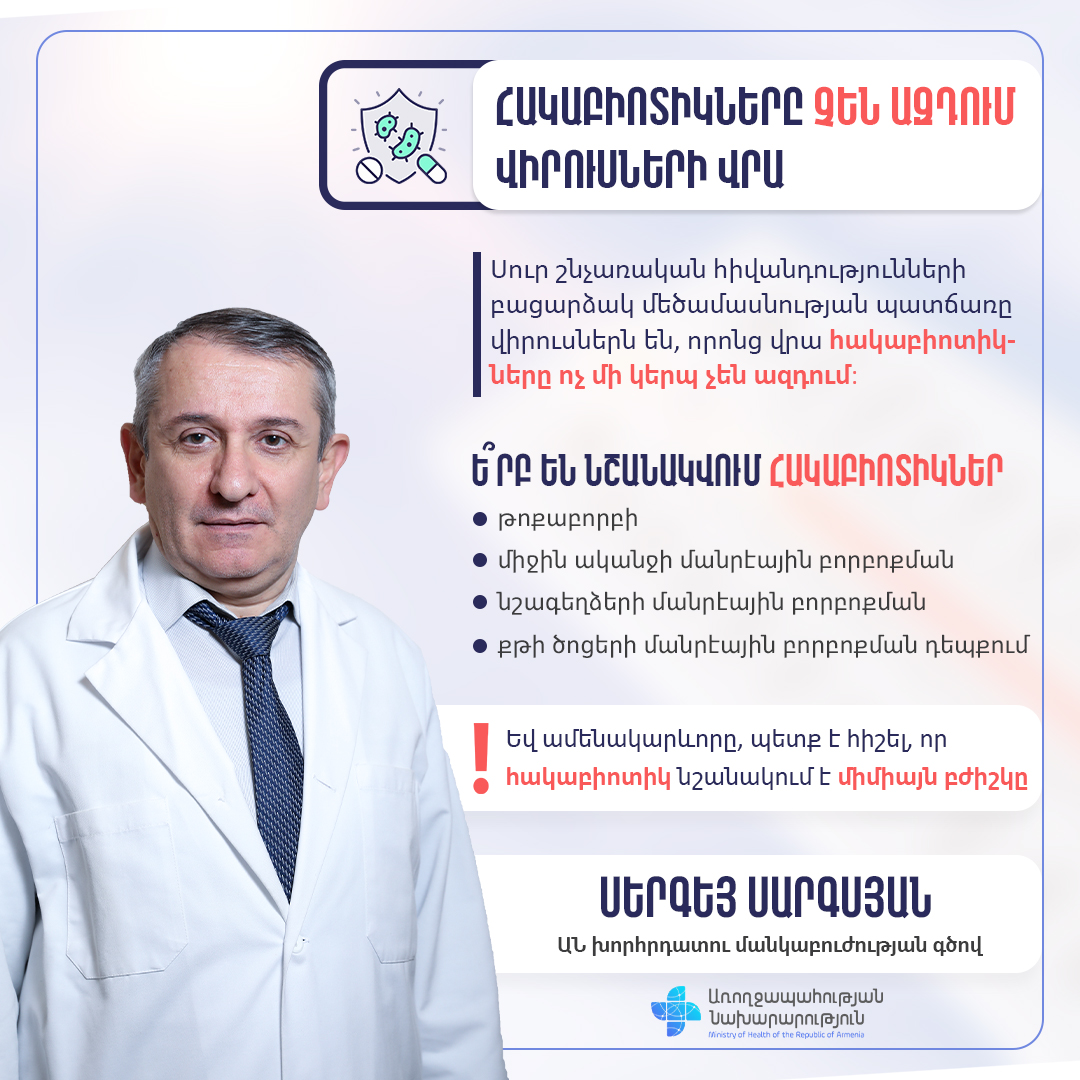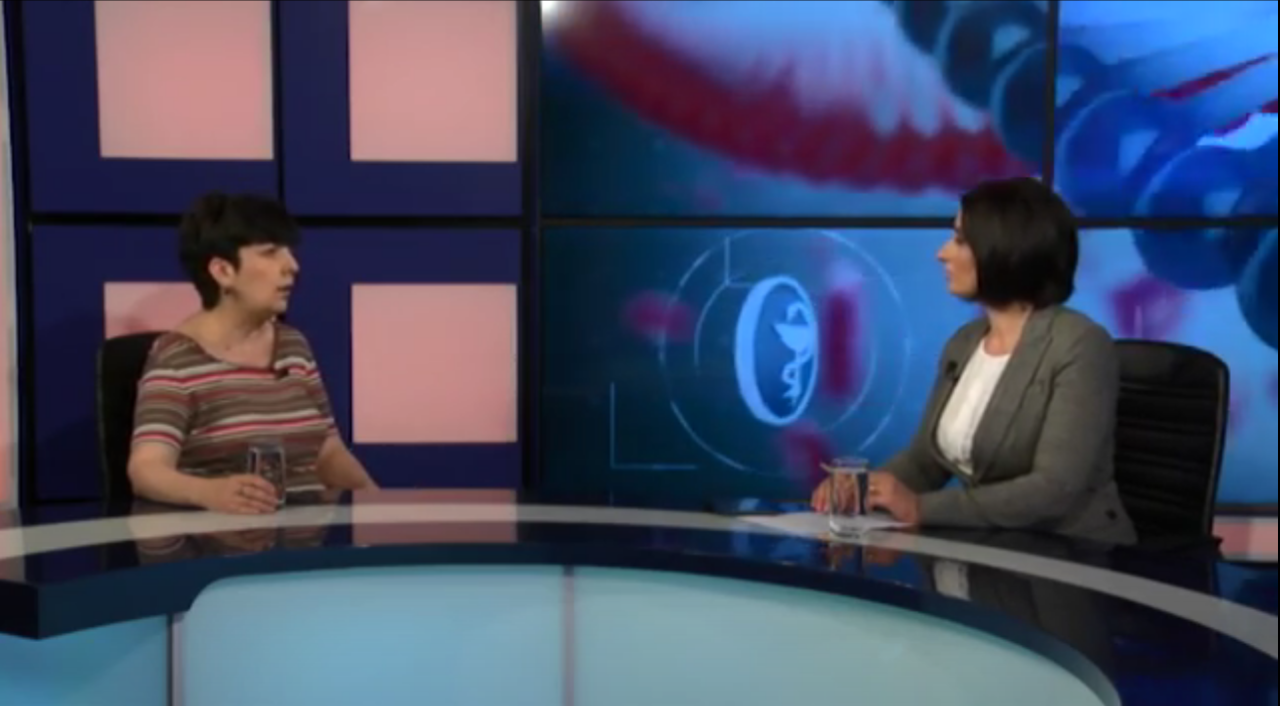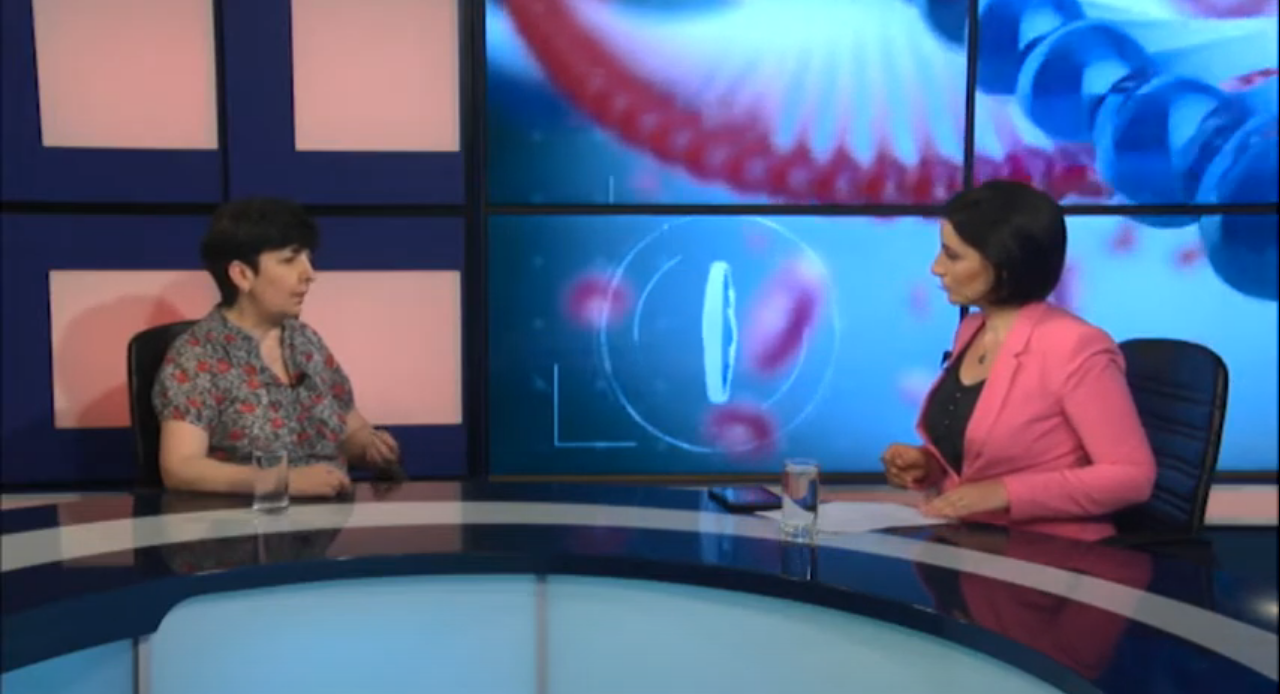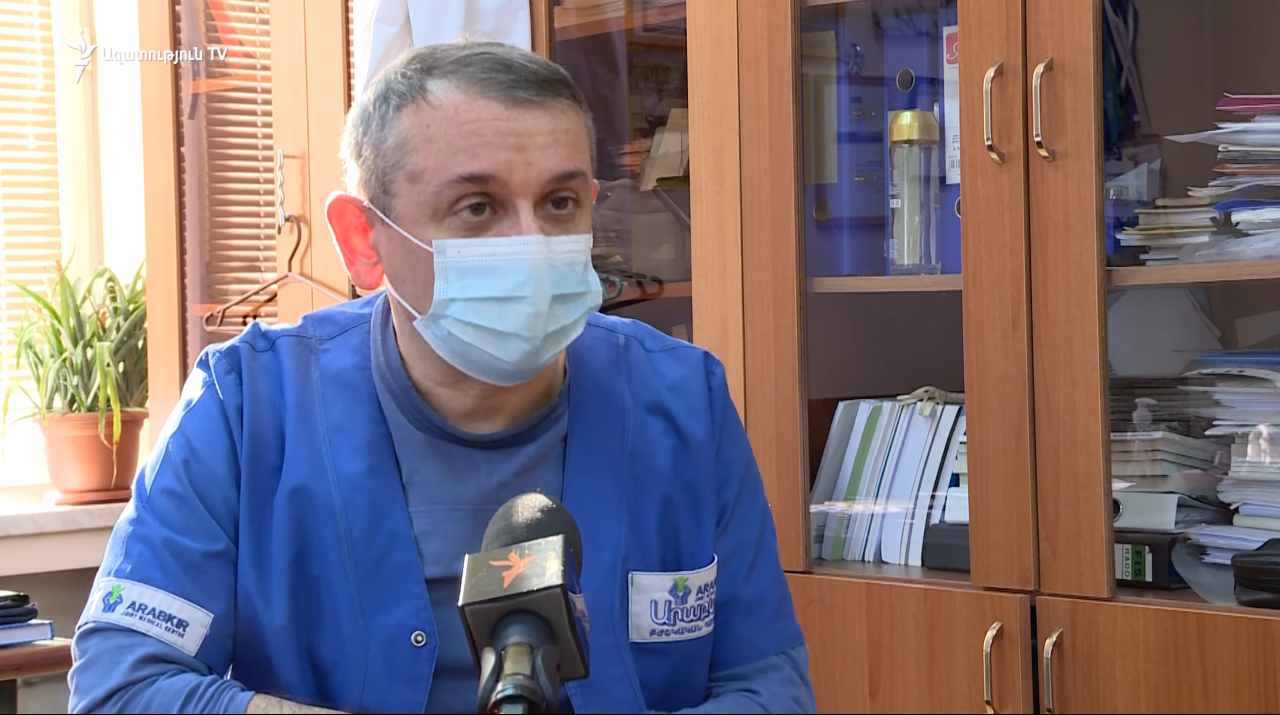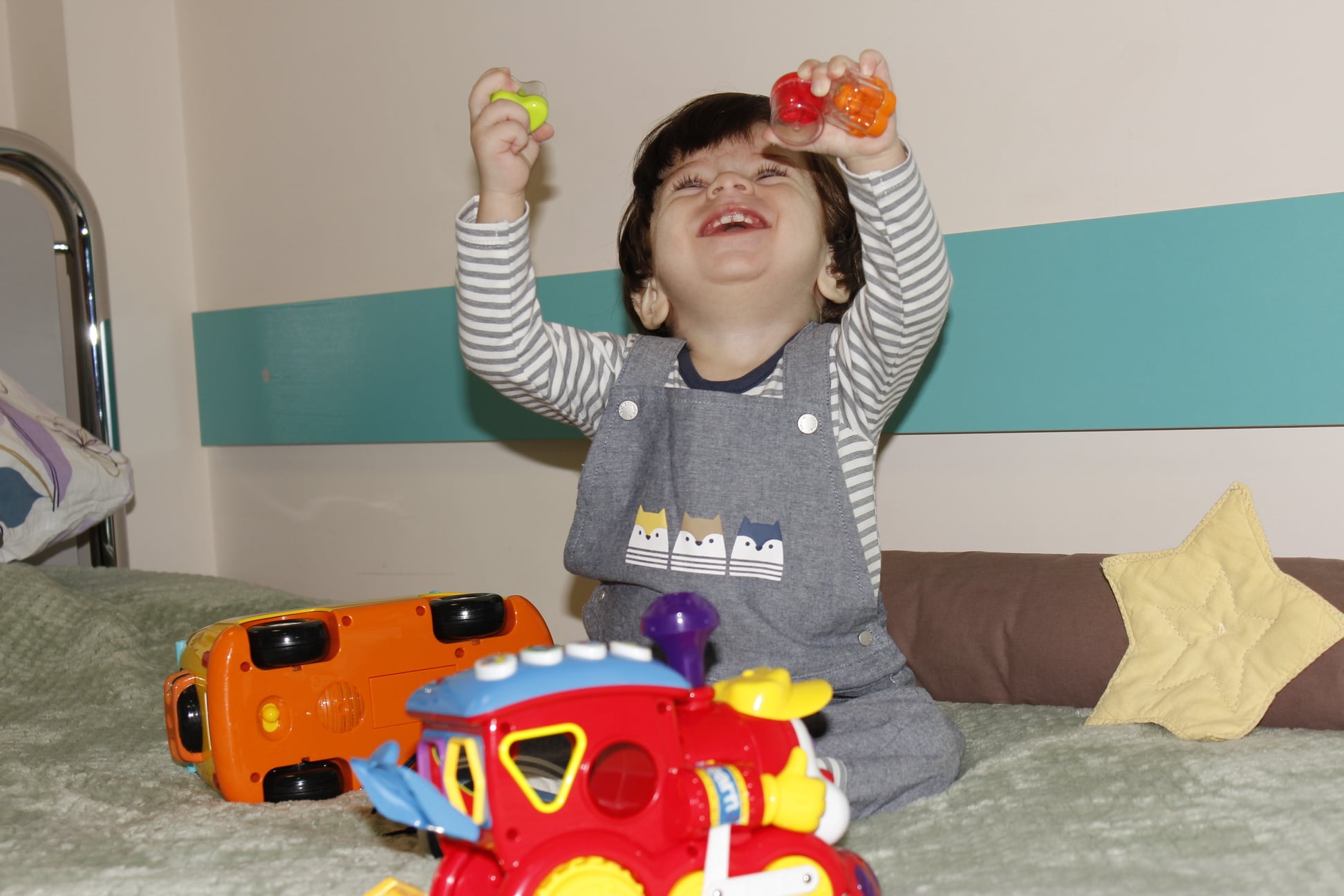The department accepts children aged 1-18 years from Yerevan and different regions of Armenia, as well as from Artsakh and foreign countries.
The hospitalization of patients is carried out in urgent cases or on a planned basis /for patients, who were previously examined by the doctors of the department/, as well as for patients transferred from other departments. The department provides hospitalization of children with following diagnoses;
- Problems of physical development
- Vitamin B12 deficiency, iron deficiency anemia
- Decompensated heart diseases (myocarditis, pericarditis, cardiomyopathies, arrhythmias)
- Arterial hypertension
- Familial Mediterranean Fever
- Fever of unknown origin
- Gastrointestinal and liver diseases
- Eating disorders including mental anorexia
Over 1000 children are hospitalized in the department yearly and, regardless of child's age, parents participate in hospitalization too. The department has 20 hospital beds in 11 wards with separate bathrooms, fridges and TVs. No more than two patients are treated in each room. Two wards are equipped with oxygen supply.
The department closely cooperates with the 2nd Pediatric Department of the Yerevan State Medical University and the Center of Medical Genetics and Primary Health Care. The department is an educational base for the students of YSMU and doctors from the National Institute of Health.
The results of the department’s work are periodically published in scientific journals and presented in international congresses.

 English
English
 Հայերեն
Հայերեն Русский
Русский